Journalist Report February 15th
Journalist Report: Sol 15: Focus on: Martian Agriculture – How to grow food on Mars?
Author: Pierre Fabre
February 15, 2022
Hi everyone and welcome back! In today’s report we are going to talk about Martian agriculture with Julie for this new episode of “Focus On”! I can’t wait to talk to you about those cool experiments!
But before let’s talk a bit about what happened during this Sol 15 on Mars!
This afternoon, those who hadn’t gone yesterday on the human factors experiment of the University of Lorraine had to do it. As always it was really tiring and they didn’t seem to have appreciated it. I’ve been talking to you a lot (too much maybe?) about the « shapes test » task and how terrible it was to stay focused during 15 minutes straight but today I want to be fair and talk to you about another task of that experiment. The first task is to click on the button as soon as a cross appears on the screen. It is pretty simple and the aim is to measure your reactivity. We have all noticed that we performed better before the mission and that the more tired we were, the worse the performance was. This simple example shows how relevant this experiment can be in our context and we all hope that they will be able to draw interesting conclusions thanks to our data.
To comfort them, Marion made Martian cookies for the crew and they were honestly delicious! We are starting to think about writing an entire recipe book about Martian food rather than giving you the recipes in my reports. I think it would be cool and we will let you know if the book is published one day!
After that, Marion and François took a moment to do a podcast to answer questions we had received from middle school students. Those questions were really interesting and we really thank them for having sent them. Sometimes, they were quite hard to answer and we had to discuss all together to find a satisfying answer. It is always a pleasure to use this mission and the subject of space as a way to inspire and to talk about science to students. This is something we do a lot at the Mars Club of ISAE-SUPAERO in partnership with OSE which is a social association that acts in favour of equality of chances in education. Raphael, the seventh member of the crew who was not able to take off with us, was in charge of the popularisation of science section of the Mars Club and he did an excellent job. He contacted so many teachers and went, with other members of the club, in so many middle and high schools to talk about Mars, Space and Science in general. We are really grateful for all the work he put into sharing his passion and his knowledge with students. I also see our daily reports as an opportunity to try to talk about Space and Science in general in an understandable and entertaining way so that every reader, no matter how young or knowledgeable they are, can hopefully learn something at the end of the day, at least it would make me really happy if it turns out to be the case.
Talking about learning things, it is time to start this new episode of “Focus on: Martian Agriculture”. I hope you will enjoy it! Let’s see what Julie has to say on that subject!
“-Hi Julie! Thanks for taking time to talk about your experiments with us! Can you start by introducing the startup you’ve been in contact with for this experiment?
-Toopi organics is a French start-up that specializes in collecting urine, their treatment and its use as a fertiliser. I contacted this company as I was looking for experiments about ecology and more specifically on the topic of recycling and better use of our resources. During my research, I found them and their work intrigued me. Simply put, urine can be used to enhance the growth of microorganisms. Thus, Toopi Organics developed a solution from urine creating an efficient fertiliser. For me, reusing and recycling our waste is something that makes sense on Earth but even more so for a Mars or space mission where we constantly have to consciously save our resources and think about possibilities to reuse our waste. This is why I wanted to cooperate with Toopi Organics on this topic of urine recycling for agriculture. They proposed two different experiments on this theme and helped us elaborate protocols.
-Ok cool! Let’s start with the first experiment, can you tell us more?
-The first experiment is on the topic of spirulina growth. Spirulina is a micro alga from fresh water, rich in nutrients and particularly proteins. It is also easy to cultivate locally. These last two characteristics make this alga environmentally friendly and its growth is very relevant in the context of a Martian simulation mission: easy and fast to cultivate, rich in proteins and does not take a lot of space. In this experiment, two containers are used where the spirulina is floating in a solution containing sodium bicarbonate, sea salt, iron and some stabilised and filtered urine. In the first container, the urine is diluted by a factor of 100 whereas in the second one, it is diluted by a factor of 140. The goal is to study the impact of urine for the growth of spirulina and see if a higher urine concentration will affect its growth rate. On this experiment, we had a technical problem and it has to be redone. I hope that our colleagues from Crew 263 of Supaero will be able to redo it and get great results.
-Yes, I hope too! And what about the second one?
-The second experiment is also very original. Thanks to different rovers sent on Mars, researchers have been able to reproduce Martian soil. This Martian soil is much less compatible with agriculture. It requires good fertilisers for plants to grow in and this stabilised and filtered urine could be one of them. This second experiment consists in growing soybeans in Martian soil that were previously inoculated with a solution containing the urine fertiliser. Therefore, I prepared two solutions with Toopi Organics products: one control solution as a classic fertiliser and a solution containing urine that will be used as our fertiliser of interest. In the two “control” pots, I planted soybeans inoculated with the control solution in Martian soil. In the two other pots, I planted soybeans with the urine-based fertiliser. It has been around two weeks since the beans were planted and the results are exciting. The soy beans grew in all four pots however the ones containing the urine fertiliser are growing at a faster rate. After six weeks and with the help of Crew 263 of Supaero, we will measure the length of the roots, the length of the sprout and the biomass to have quantitative results. I am already very happy with the beginning of this experiment!
-That’s so cool! Julie, thank you very much for your time, it was great to talk about those really interesting experiments with you!“
That’s it for today’s episode of “Focus on”. I hope you enjoyed it! The last episode of “Focus on” will be on drones so stay tuned not to miss it!
Crew 240 Operations Report February 15th
Crew 240 Operations Report 15-02-2022
SOL: 15
Name of person filing report: François Vinet
Non-nominal systems: NA
Notes on non-nominal systems: NA
ROVERS
Spirit rover used: no
Hours: 156.6
Beginning charge: NA
Ending charge: NA
Currently charging: handled by Atila
Opportunity rover used: yes
Hours: 83.7
Beginning charge: 100%
Ending charge: 93%
Currently charging: left uncharged, handled by Atila
Curiosity rover used: no
Hours: 167.7
Beginning charge: NA
Ending charge: NA
Currently charging: handled by Atila
Perseverance rover used: yes
Hours: 227.6
Beginning charge: 100%
Ending charge: 90%
Currently charging: left uncharged, handled by Atila
General notes and comments: NA
Summary of Hab operations:
WATER USE: 36 gallons
Water (static tank): 238 gallons
Water (loft tank): 42 gallons
Water Meter: 0155866.1 units
Static to Loft Pump used – yes
Static tank pipe heater (on or off): on
Static tank heater (On or off): on
Toilet tank emptied: yes
Summary of internet: NA
Summary of suits and radios: The new batteries for the suits (and for the Musk observatory) were received.
Summary of GreenHab operations:
WATER USE: 12 gallons at 8:10am and 8 gallons at 6pm
Heater: On
Supplemental light: On
Harvest: NA
Summary of ScienceDome operations:
Dual split: off
SOC: 51% at 7.00pm
Summary of RAM operations: NA
Summary of any observatory issues: NA
Summary of health and safety issues: NA
Questions, concerns and requests to Mission Support: The water filter has been changed. 3 trashes are waiting for pickup in the rear airlock – we received your message Atila and it’s truly no issue at all. Thank you!
Crew 240 EVA Report February 15th
Crew 240 EVA Report 15Feb2022
EVA # 16
Author: Maxime Jalabert
Purpose of EVA: Drone flights over Candor Chasma, changing batteries of atmospheric experiments.
Start time: 9h30
End time: 12h30
Narrative: After changing the batteries of the atmospherics experiments, we went to Candor Chasma to do some drone shots. We ended the EVA one hour before planned time because of some aches from crew members, general fatigue, and because objectives had been satisfactorily met.
Destination: Candor Chasma, Exploration Zone G
Coordinates (use UTM NAD27 CONUS): 522000 4251000
EVA Participants: Maxime Jalabert, Julie Levita, Pierre Fabre, Clément Plagne
Road(s) and routes per MDRS Map: Cow Dung Road by rover, followed by Stream Bed Connector and onward by foot
Mode of travel: Rover, Foot
Crew 240 Sol Summary February 15th
Crew 240 Sol Summary Report 15Feb2022
Sol:15
Summary Title: Day in, day out
Author’s name: Clément Plagne
Mission Status: Nominal
Sol Activity Summary: Another EVA took place to Candor Chasma, leading to some very interesting footage and data recovered from the drone. We continued work around all the usual things we work on: Human Factors, Botanics, 3D Printing, Atmospheric Experiments, as well as recording some footage for later on in our outreach missions with young people in the Toulouse area. It’s scary, the way days start to blend together once we all get things into gear – some days are blink-and-you-miss-it. Let’s make those last few ones count!
Look Ahead Plan: Another day of a lot of the same!
Anomalies in work: None in particular
Weather: Fair
Crew Physical Status: Fine. One member still hesitant to go on EVA because of some neck pain, hoping it will stay good for the next day.
EVA: One, took place nominally
Reports to be filed: Sol Summary, Journalist Report, Pictures, HSO Report, Operations Report, EVA Report, EVA Request
Support Requested: Would it be ok if we put in the hesitating crewmember on the EVA Request for tomorrow, and give advance warning in the morning if their condition gets a bit worse and they can’t participate anymore? If it’s better to just have it all ready as early as possible we can just have a 3 person EVA, that’s no issue.
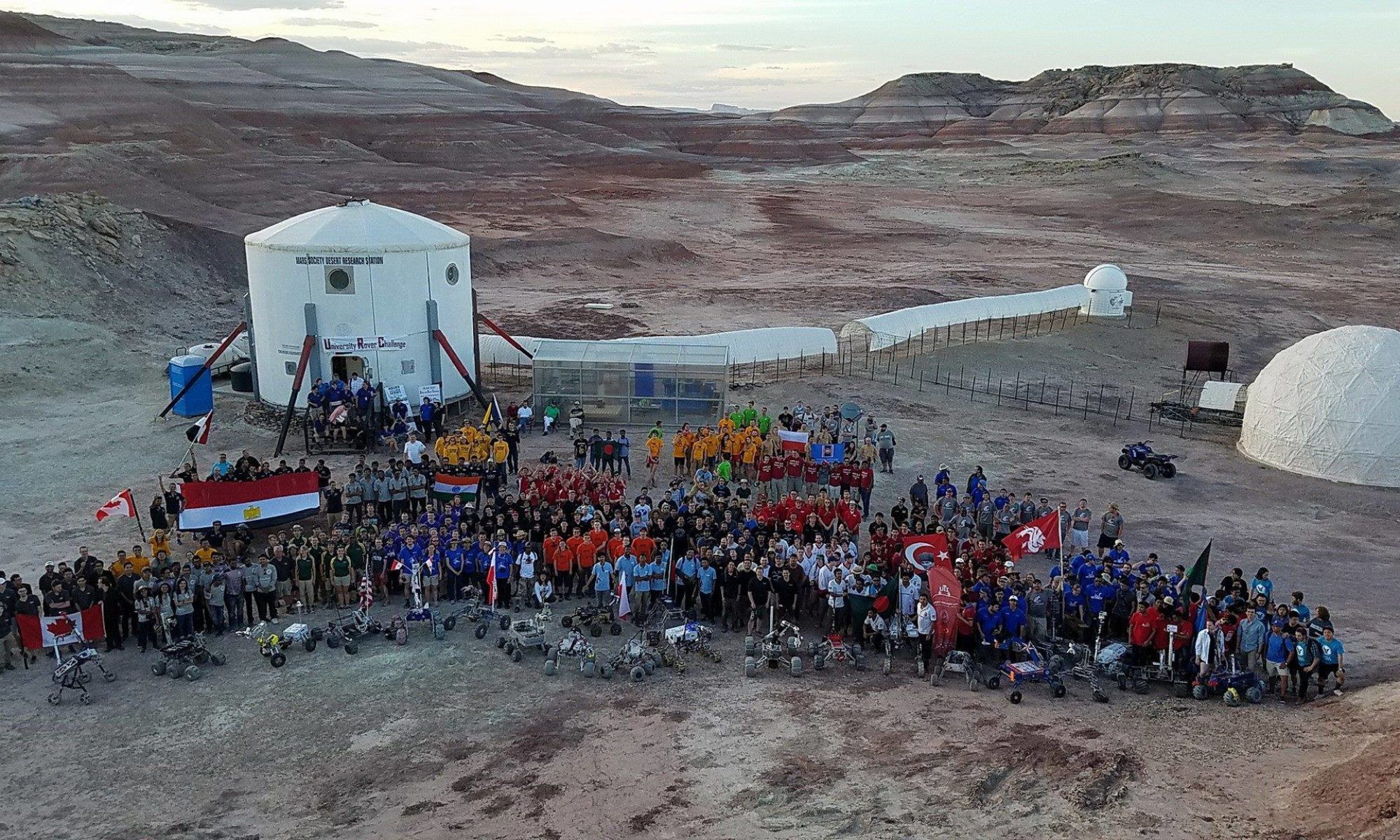
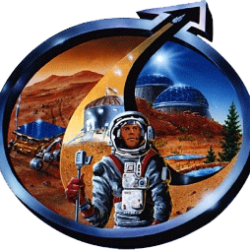
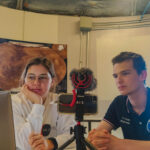

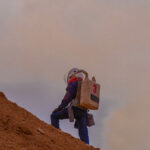
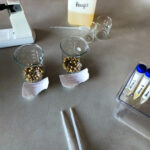
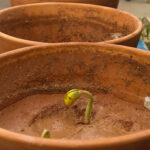
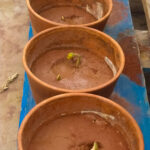
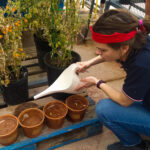
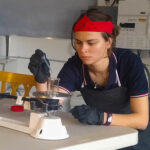
You must be logged in to post a comment.